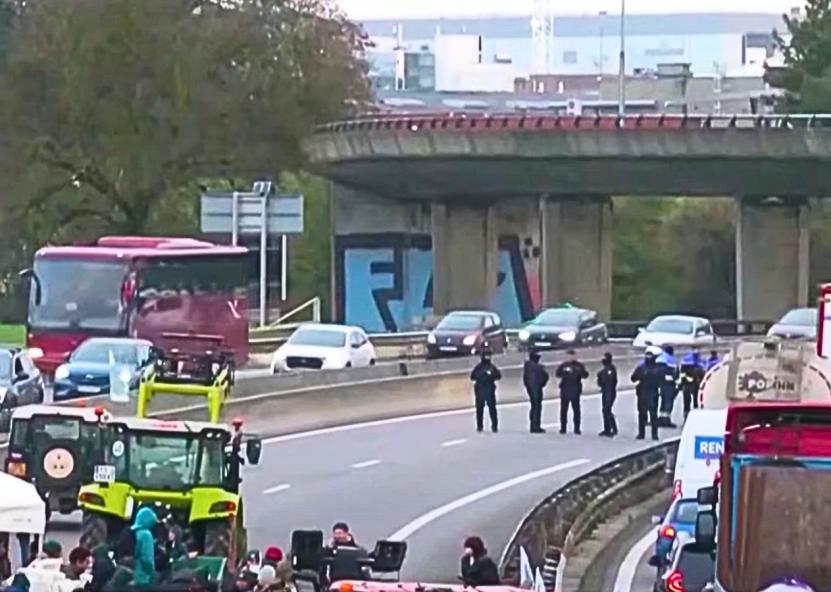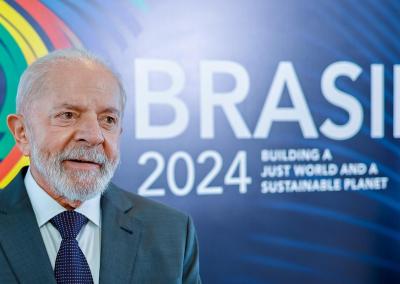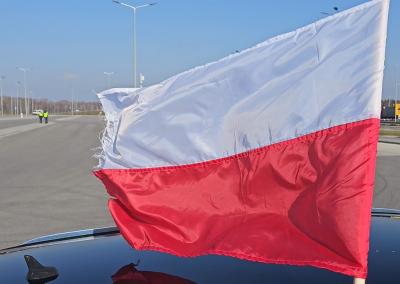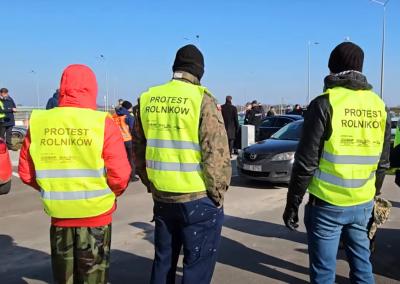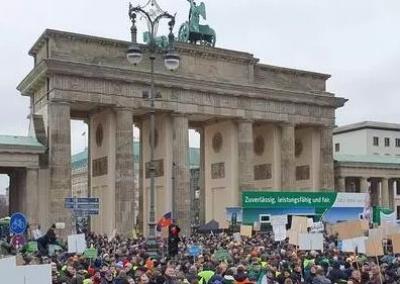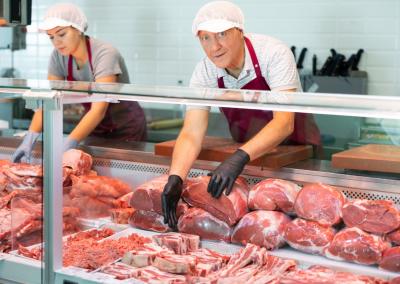French farmers protest against the Mercosur agreement
On Monday, French farmers launched large-scale protests against the European Union's free trade agreement with the Mercosur economic organisation, which includes the South American countries of Argentina, Brazil, Uruguay, Paraguay and Venezuela.
No fewer than 82 protests have been announced across the country. In some places, roads have already been blocked. In the light of these protests, foreign ministers and officials from several EU countries are calling for a veto on the ratification of the treaty.
Threatens all EU farmers
Farmers claim that the agreement threatens their livelihoods by giving Mercosur countries exclusive access to duty-free or significantly reduced tariffs for importing into the EU agricultural products produced under less stringent environmental standards than EU farmers are forced to comply with.
They argue that EU farmers will inevitably suffer in this competition.
Protests have also been launched by the Poles, who say they will face fierce competition in the poultry, beef, pork and dairy sectors.
The competition with Mercosur will be further intensified if Peru, Bolivia, Chile, Colombia, Ecuador and Bolivia join as associate members. Mexico has observer status. The consequences for EU agriculture could be severe.
The European Commission started negotiations with Mercosur in 1999 and signed a free trade agreement in 2019, which is being attempted for final ratification in Rio de Janeiro, Brazil.
What the numbers say
Under the agreement, the EU will allow a 7.5% tariff to be phased in over five years on 99,000 metric tons of beef, including 55% fresh, high-quality beef and 45% frozen beef. This represents 1.2% of the EU's total beef consumption (8 million tonnes per year). The EU currently imports around 200 000 tonnes of beef from Mercosur countries each year.
A free trade agreement would allow 180,000 tonnes of poultrymeat to be imported duty-free per year from Mercosur countries. This represents 1.4% of the EU's total poultry meat consumption.
Four MERCOSUR countries are already the EU's main suppliers of chicken. On an individual basis, Brazil is the world's largest producer of poultry meat, followed by Ukraine.
This agreement would give EU farmers better access to South American markets, which could boost exports of wine, milk powder, cheese and olive oil. However, this is of little comfort to farmers in many EU countries.



































































































